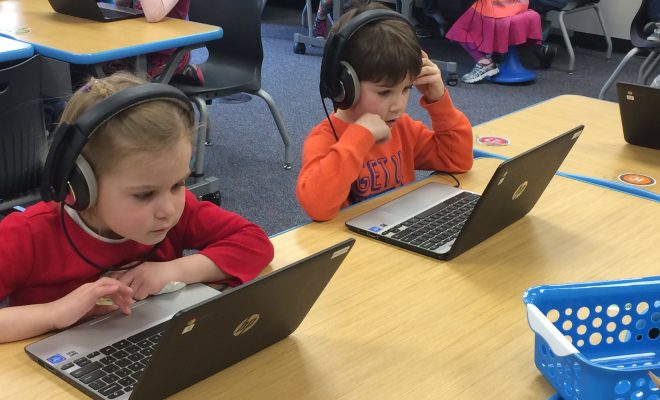Reading Tips for Reluctant Students

It can be tough to get students to read in general, but encouraging reading for pleasure can seem impossible. According to The Reading Agency, “The research finds that reading for pleasure can result in increased empathy, improved relationships with others, reductions in the symptoms of depression and dementia, and improved wellbeing.”
Science clearly shows that reading provides only positive benefits, so how do we as teachers inspire our students to read more? Getting students to engage with books and reading involves several activities that happen at the same time.
Strategies to help students read include:
- Motivation: When students have intrinsic motivation to read for pleasure, studies show that they are more fluent and interested. One way to increase intrinsic motivation is to read aloud a book that they have picked. Books that relate to real life also increase intrinsic motivation. Reading Rockets says, “When internal motivations such as intrinsic motivation and interest energize students’ reading, students interact with text deeply and gain relatively high amounts of knowledge or aesthetic experience.”
- Giving choices to increase engagement: When a teacher sets the topic for an assignment but offers multiple reading selections to complete the project, this also increases engagement.
- Communicate your belief that students are great readers: When teachers encourage reading through the positive belief that students are great readers, they are setting the students up for success.
- Social motivation: Frequently, students enjoy reading more when reading with a partner or small group. Providing directed questions to answer together can increase comprehension and evaluation of the reading.
Reading incentives for elementary students:
- Pick the special hat for the teacher to wear all day.
- Skip to the front of every line for the day.
- Chew gum in class.
Reading Incentives for Middle School Students:
- Make it fun, have accurate tracking, and find rewards that have value to students such as coupons for free items, amusement park tickets, athletic event tickets, tickets to a Fun Park.
- Have a “Reading Celebration” where students read any 12 books from a 20 book list selected from a recently released list of books appropriate for middle school. To be part of the celebration, students must pass all 12 quizzes for the books. The celebration lasts an entire school day and could be a trip to a pizza place and the local arcade, a cake decorating contest, or tie-dye t-shirts.
Reading Incentives for High School Students:
- Use a ticket reward system that allows students to earn tickets for books read. The student writes his/her name on the back of the ticket and puts it in the raffle jar. At specific times, mix up the tickets and pick from the raffle jar for a winner. The more books read, the more chances to win, but be certain to choose motivating prizes and this will vary according to the group of students.
- Use a reward system of “free time,” “negotiable activity,” or “food coupon.”
Any reading incentive that you choose must be tailored to your specific students and what they value. The goal is to increase the amount of time spent reading in the hope that they will begin to love reading for what it brings to them. Let your students see you reading often, read aloud to them even in high school, and strive to make connections from the reading to real life experiences.





